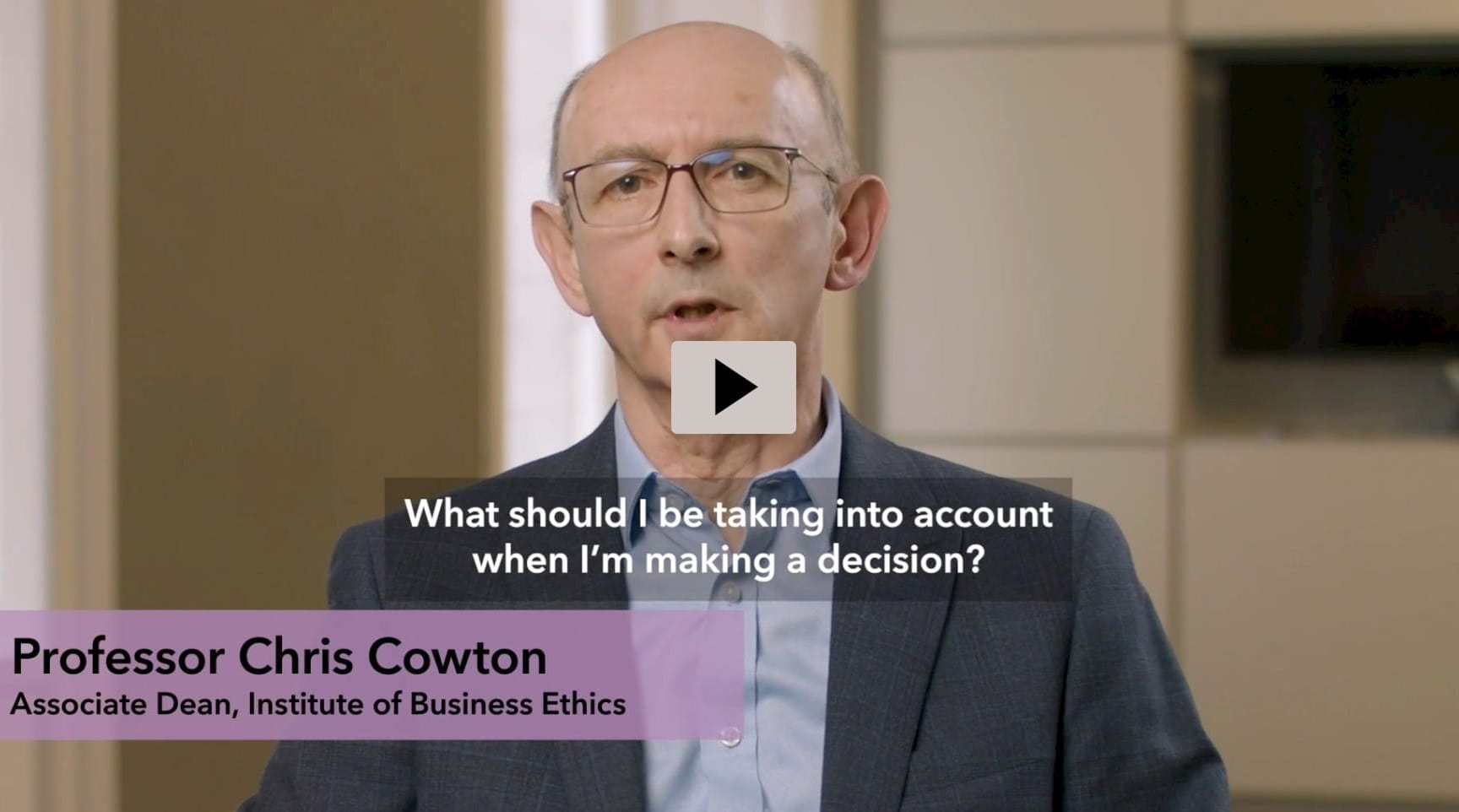Eddie Ouko became Auditor-General of Kenya almost on a whim. The country put a new constitution in place in 2010, which resulted in the creation of new offices that had to be in place 12 months after the constitution was ratified. When an advertisement for the role of Auditor-General came available, Ouko’s friends suggested that he go for it.
He was reluctant, being happy in his role at the African Development Bank. “But then something in me said, I should apply, but only to prove the transparency and the seriousness of it,” he explains. I wanted to see whether they were really serious, that they wanted a qualified person. I wanted proof that it was transparent and fair. So my application was really to check whether they were living the true spirit of the constitution.”
When he was shortlisted for the role, he considered pulling out, satisfied that the people being considered were serious professionals. But his friends encouraged him to continue. Eventually, he was chosen for the role. He was sworn in by Kenya’s then president, Emilio Mwai Kibaki, and expected to start work straight away.
“The swearing in took place at Kenya’s State House. I had no idea where the office of the Auditor-General was. I had to ask somebody at the state house that handled protocol. He took me to his office, and he started phoning people from the Treasury. So I went to the Treasury, and they called someone to take me to my office.”
Order from chaos
When he finally got to the office, Ouko got his first shock: there were piles of audit files everywhere. It soon became clear that there was not much of a system in place; he would have to create it from the ground up. “When you go from the private to the public sector, things don't work as orderly as you'd expect, and it is you who has to put order in the process.”
One of his first actions was to call a meeting with his team to explain what needed to be done, and most importantly, to get them on side. “I was apprehensive about meeting them, as I was coming from the outside and they had been there for years. The manner in which I carried myself was very important; I had to develop a rapport and some mutual empathy, and I needed to put them at ease. Which I think I did.”
The priority for that first year was to clear the backlog of work. As this progressed, Ouko realised that historically, the auditing work had not been done to any clear, consistent standard. “The Ministry of Education would be audited using one set of standards, while the local authorities would be audited using another.”
It took a year to get things working as Ouko wanted. Once everything was in place, his team’s auditing work was uncovering issues that they worked with departments to address.
Then Kenya oversaw a regime change. In 2013, Mwai Kibaki left office, having completed two terms. The National Alliance candidate Uhuru Kenyatta became the nation’s next president. The National Alliance was part of the Jubilee Coalition, which had a large majority in all levels of government. “It was described as a ‘tyranny of numbers’ in Parliament,” says Ouko.
Need for scrutiny
Ouko felt that the internal checks and balances that should be in place through the various levels of government were compromised due to this majority, and saw his role as Auditor-General as an important mechanism in providing much-needed scrutiny.
“That began my problems,” Ouko explains. “By that year we were revealing more than ever and the new regime would not entertain it. They were allergic to any audit report, they were not supportive. So they started to fight us.”
Ouko and his team found themselves being accused of taking money from opposition parties to tarnish the record of the government. “We were revealing more abuses of power, and the resistance to this was very harsh.”
The power sharing between the Jubilee Coalition divided up Kenya’s ministries between its member parties. With each serving their own interests, Ouko felt attacked from all sides. “You had the two figureheads – Uhuru Kenyatta and vice president William Ruto – running more or less equal. Each one is doing their own thing. And we’d find corruption on both sides. So it was a difficult period. I was fighting against people who were not unified, with no central command, who were exploiting the calf, so to speak.”
Threatening texts
In that period, during 2014 and 2015, Ouko started receiving threatening messages. “I would receive texts that would say things like: ‘we are watching you’. We would report it to the police, but nothing would come of it. Sometimes these threats became too much for me and my family, but I also had support.”
A lot of that support came from Kenya’s media, which reported regularly on his findings. “I would go on a walk, and ordinary Kenyans would come up to me and tell me to keep going, that I was doing a good job. That’s what kept me going amid all the threats.”
The situation culminated in Ouko being publicly called out by Kenyatta in 2016. The Auditor-General’s office had uncovered evidence that $2bn in Eurobond cash that Kenya raised in 2014 may have been misused. Ouko said his office would conduct a forensic audit of the funds, involving meetings with the US and UK financial institutions.
“When you say that the Eurobond money was stolen and stashed in the Federal Reserve Bank of New York, are you telling me that the Kenyan government and United States have colluded?” Kenyatta said during an anti-corruption summit. “Who’s is stupid here?”
“I was metres away from him, and he singled me out,” said Ouko. “Within two weeks, they decided to remove me from office.”
The next few years were a battle for his career, but he was able to hold on until the end of his term of office in 2019. While his time as Auditor-General didn’t end as he might have liked, Ouko had created a foundation in the office that has resulted in a lot of positive change in Kenya. The staff were bolder, standards were higher, and the office continued to uncover issues. Kenya has since had another regime change, and Ouko is pleased that auditing standards are still high.
“I’m very proud of those years. Every day brought a new challenge to overcome. That kept me going. To see the change that has bedded in now is overwhelmingly brilliant.”
Ouko has now been given ICAEW’s Outstanding Achievement award in recognition of his firm stance in the face of corruption. “I’m very humbled by it,” he says.
Ethics CPD course
This free course helps you apply the Code of Ethics to everyday situations and satisfy your CPD requirements.




